
Exciting new series on “Voice, Body and Movement for Lawyers – How to connect with the jury and find Justice Through Dramatic Technique!”
Click here to find out more
Imposter syndrome, also called perceived fraudulence, involves feelings of self-doubt and personal incompetence that persist despite your education, experience, and accomplishments. While early studies focused on highly successful women, it is now clear that it can affect anyone in the legal profession – from law students to Big Law executives.
Living in constant fear of discovery, you strive for perfection in everything you do. You might feel guilty or worthless when you can’t achieve it, not to mention burned out and overwhelmed by your continued efforts. The results can be devastating.
Mr. Quinn will discuss:
• Imposter Syndrome: What Is It?
• Impacts of Imposter Syndrome on Attorneys.
• The Role of Gender and Racial Bias in Creating Imposter Syndrome.
• Practical Guidance for Overcoming Imposter Syndrome.
• How to Support Attorneys Battling Imposter Syndrome.
• Potential Ethical Risks of Imposter Syndrome.
• Personal Experience of Struggling with Imposter Syndrome.
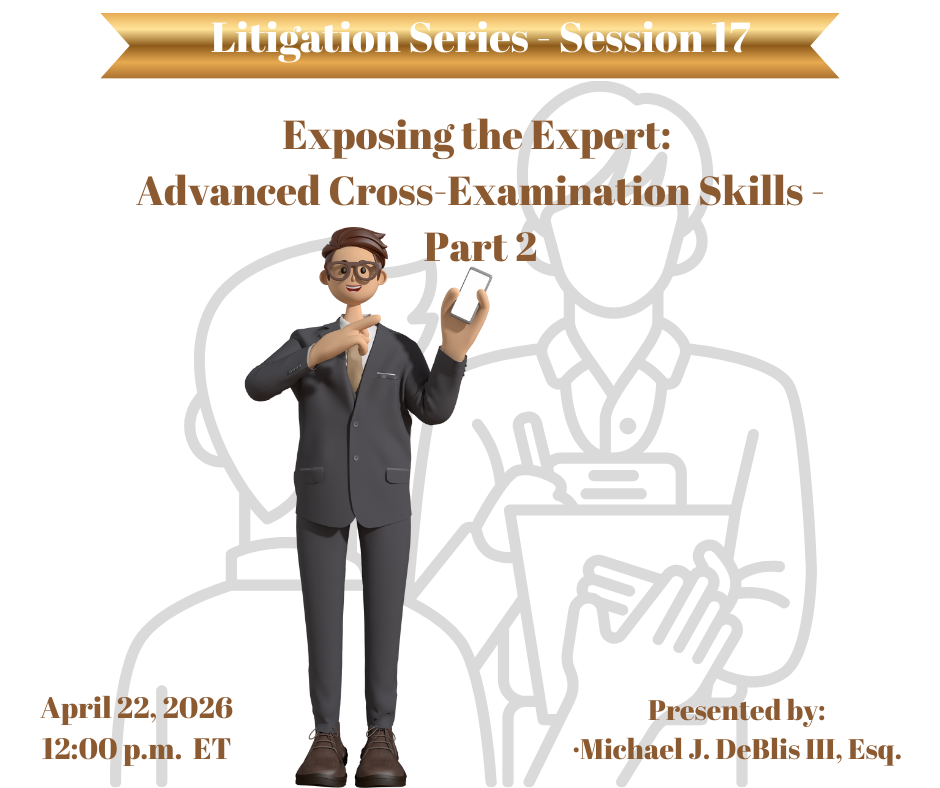
Part 2 - This program will continue the discussion from Part 1 focusing specifically on cross?examin...
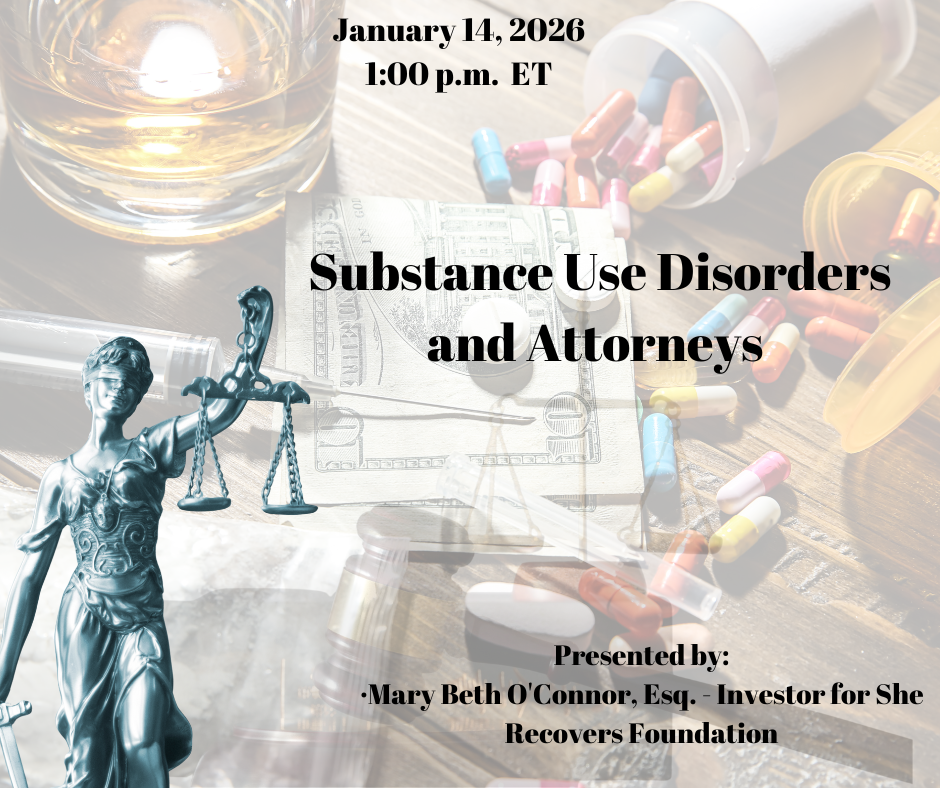
Mary Beth O'Connor will describe her personal history of 20 years of drug use and 30+ years of sobri...
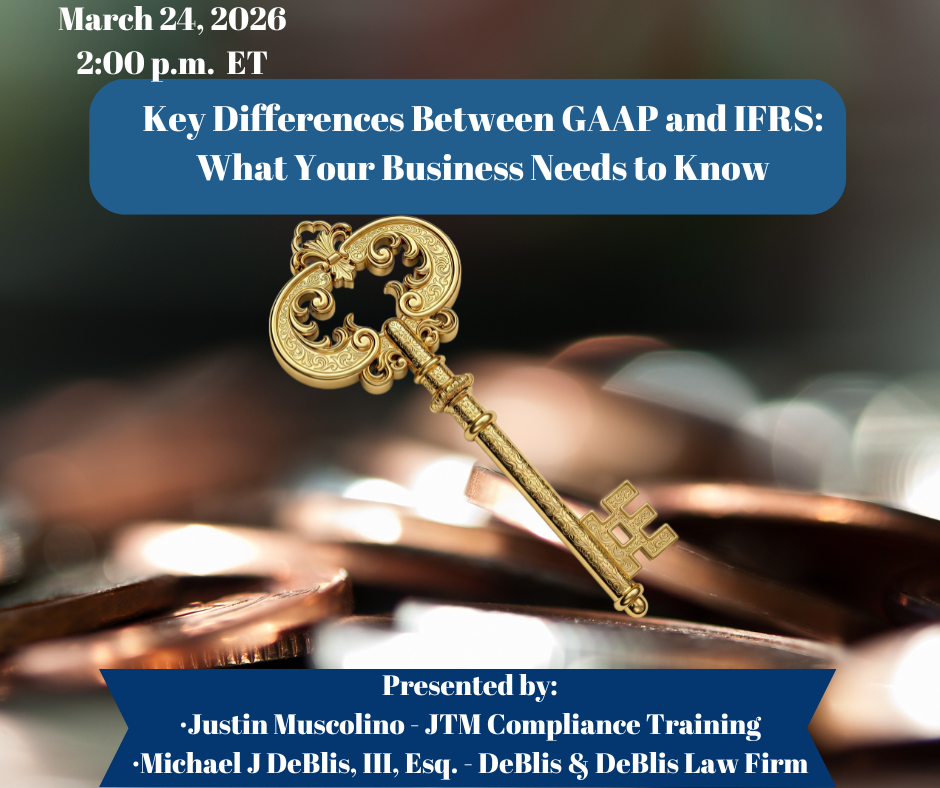
This session highlights the legal and compliance implications of divergences between GAAP and IFRS. ...

The False Claims Act continues to be the federal Government’s number one fraud fighting tool. ...
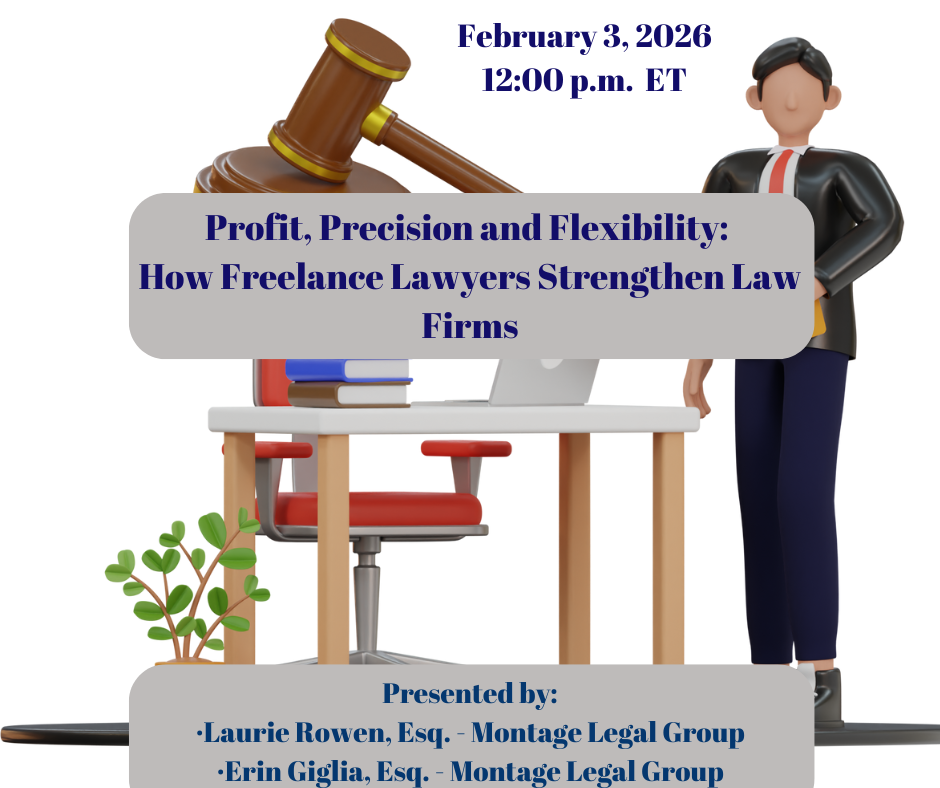
Law firms across the country are rethinking traditional staffing models to stay competitive, reduce ...

Large World Models (LWMs)— the next generation of AI systems capable of generating...
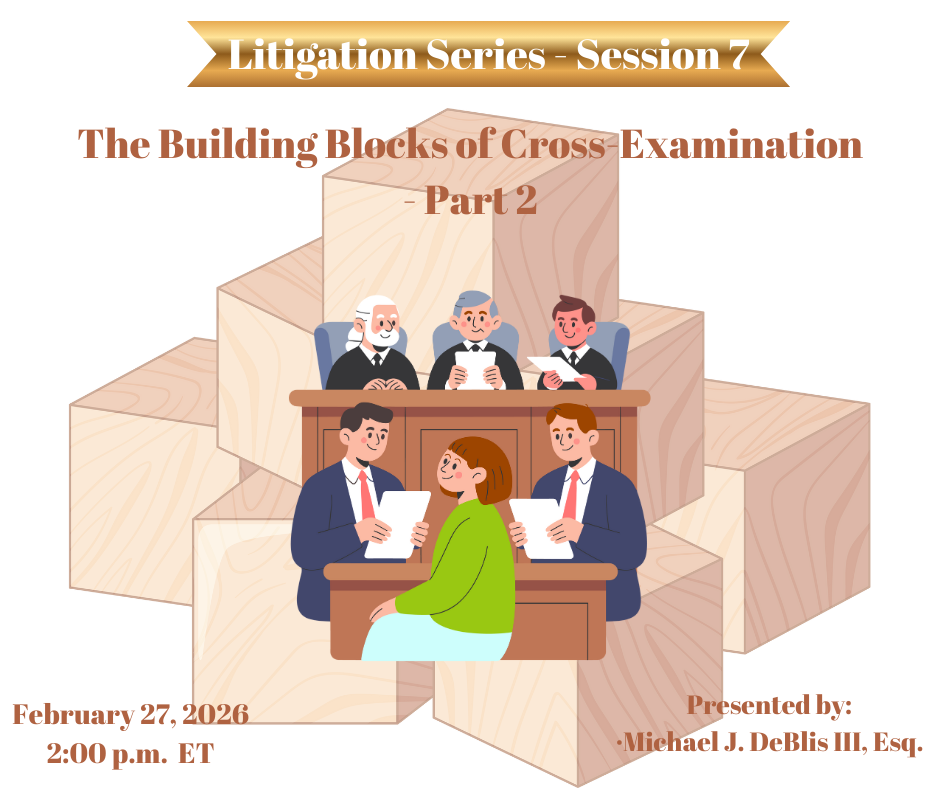
Part 2 dives deeper into advanced cross?examination techniques, teaching attorneys how to maintain c...
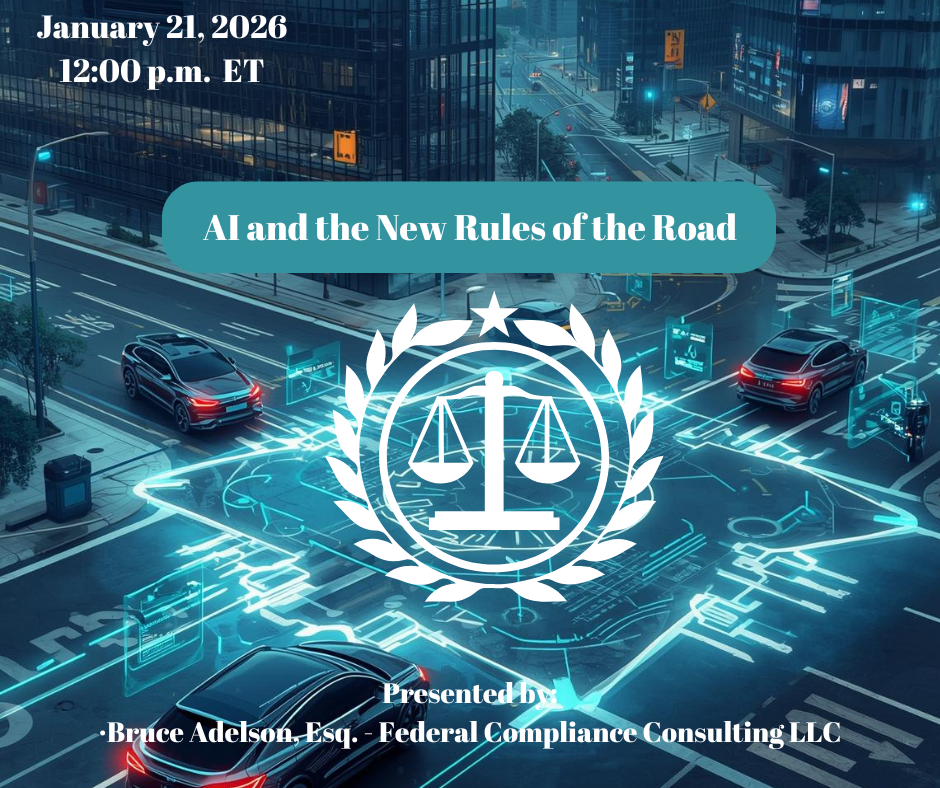
AI tops the news seemingly every day. The technology is growing in use and application as lawyers, c...

MODERATED-Session 8 of 10 -Mr. Kornblum, a highly experienced trial and litigation lawyer for over 5...
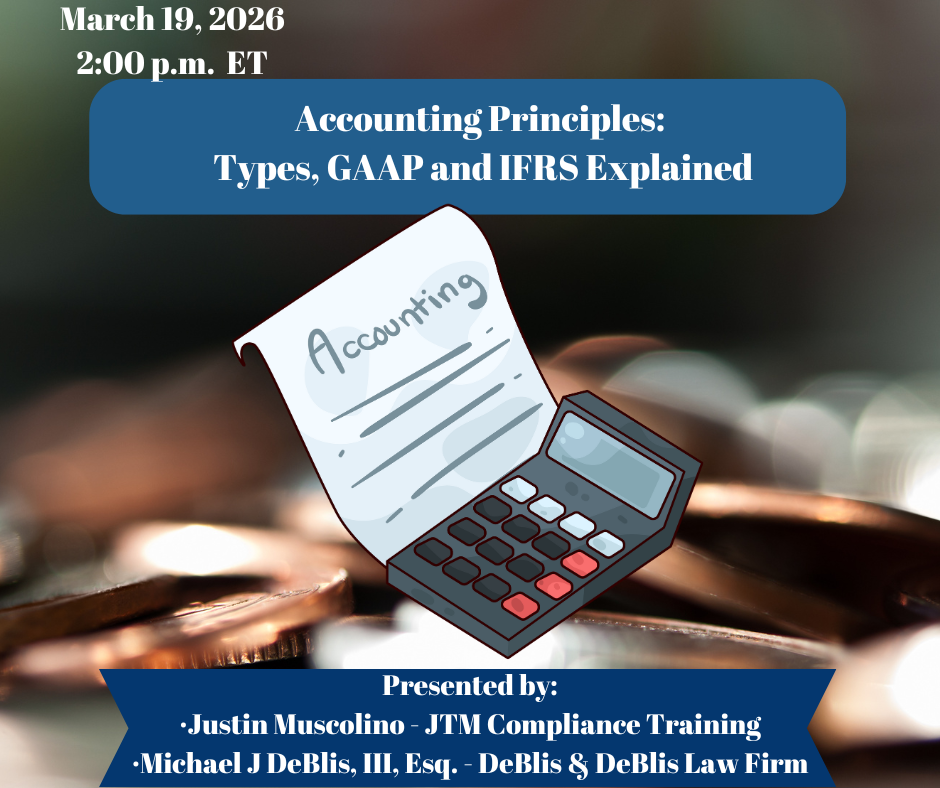
Attorneys will receive a comparative analysis of GAAP and IFRS with emphasis on cross-border legal c...